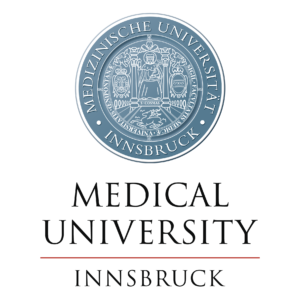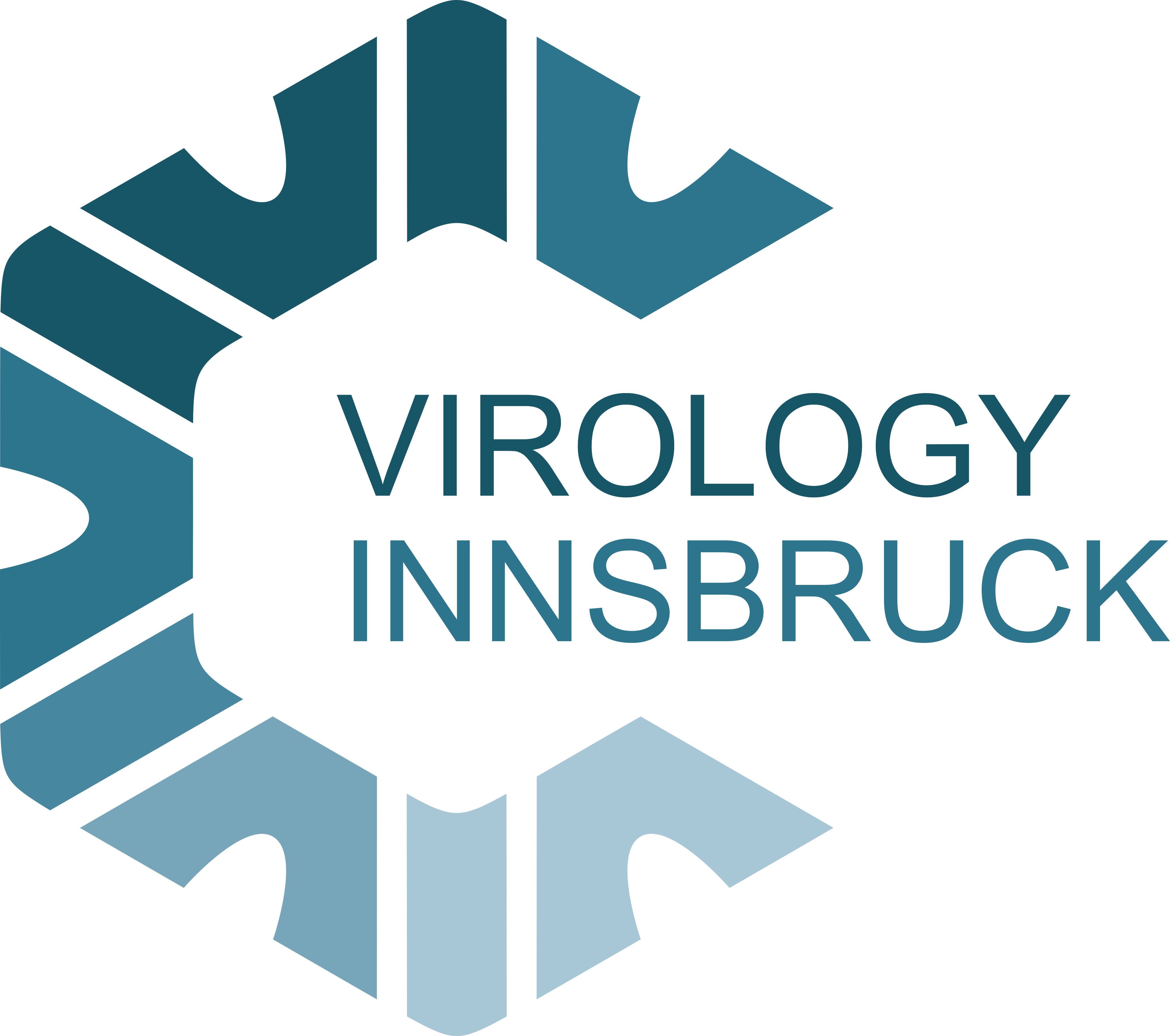January 2025
NewsletterSummary:
-
-
- Human metapneumovirus (hMPV) is a common cause of respiratory infections, especially in young children during winter and spring
- At the end of 2024, more than 15% of respiratory pathogens diagnosed at the institute were hMPV-positive
- Severe cases primarily affect premature infants and children with chronic conditions; in adults, hMPV can trigger asthma exacerbations
- Treatment is purely symptomatic, and a vaccine is currently in development
- Recommended protective measures: frequent handwashing, wearing masks, and staying home when experiencing symptoms
-
Human metapneumovirus (hMPV) was first isolated in 2001 and assigned to the then-new virus family Pneumoviridae in 2016. It is genetically and clinically very closely related to the more common respiratory syncytial virus and has a negative-sense, single-stranded RNA genome.
Like RSV, hMPV is one of the dominant causes of respiratory infections, particularly in young children during winter and spring. Transmission occurs through airborne droplets from infected individuals, as with other respiratory diseases. Contact with contaminated surfaces can also be infectious.
Severe cases occur primarily in premature infants and children with chronic conditions. In adults, hMPV can lead to asthma exacerbations. Infection provides only short-term immunity, making reinfections possible.
At the end of 2024, more than 15% of the respiratory pathogens we diagnosed tested positive for hMPV. Treatment of an hMPV infection is purely symptomatic. A vaccine is currently in development.
During the current peak season for respiratory illnesses, physicians therefore recommend frequent handwashing and wearing masks. People with respiratory infections should stay home. The virus can be detected at our institute using RT-PCR together with other respiratory pathogens from our respiratory panel, from nasopharyngeal swabs, aspirates, throat lavage fluid, sputum, or bronchoalveolar lavage. Unfortunately, the costs for this PCR test are not covered by health insurance.
ao.Univ.-Prof. Mag.Dr.rer.nat. Heribert Stoiber
heribert.Stoiber@i-med.ac.at
+43 512 9003 71706



